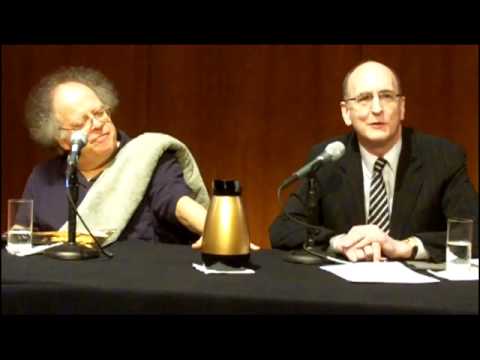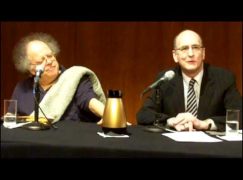The dark side of James Levine
mainThe first I knew there was something amiss was when a record company PR told me that James Levine had been rushed to Heathrow airport that morning, abandoning an Abbey Road recording of a Mahler symphony.
Word went around the orchestra that he had been arrested for ‘cottaging’ – approaching men in a public lavatory – but that a deal had been struck not to press charges if he left the country. The police, when I checked, said they had no record of the arrest since no charges had been brought. I heard of a similar incident in Switzerland, also unverifiable. Years later, when he was music director at the Verbier Festival, male musicians in their teens told me he asked them to go to his room and made them feel generally uncomfortable.
After he was sacked by the Met, the cellist Lynn Harrell was among those who spoke out about his abuse of young musicians.
He had no need to take risks in New York, where his brother Tom acted as bodyguard and cover for his activities. Where his needs grew intolerable was at the Metropolitan Opera itself where two young males told me they had been shut out of his circle after refusing his advances. When the music director refuses to meet your eye, you have no future in an opera company.
At the Met, Levine’s word was law. ‘What Jimmy wants, Jimmy gets,’ was the motto. He avoided personal conflict, leaving others to sack or sideline those he wanted dismissed.
Board members and general managers kept him away from the media. In rare interviews he would only discuss musical matters.
Those who knew him said he had little else in his life. There was not much intellectual curiosity or conversation. In recent years, he would be seen dining at a private club where rich men brought their young prey. Levine was always alone.
He was a fanstastic musician who saw the world in musical terms. He depended on his agent Ronald Wilford to secure him enormous fees – around $5 million a year while he was at both the Met and Boston – but Wilford complained in later years that Jimmy no longer listened to his advice.
When Wilford died, Jimmy conspicuously failed to attend his memorial service.
The oboist Sue Thomson, who was his flatmate from 1967, became his carer as his health collapsed. Tom Levine predeceased him. Others who once claimed his friendship melted away. James Levine died a very lonely man.







Comments